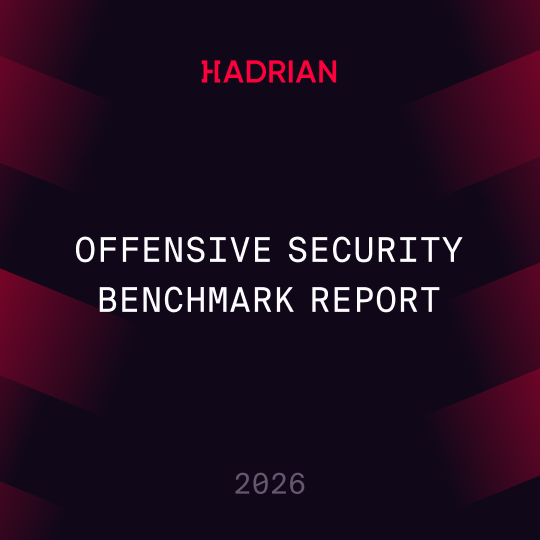
Traditionally, security in software development was often an afterthought, causing delays and extra work when issues surfaced late in the process. DevSecOps changes this. It's an approach that includes security right from the start, making sure potential problems are spotted early.
By doing this, DevSecOps aims to create a smoother and more efficient development process, reducing the chances of security issues and improving collaboration between developers and security teams. According to IBM, organizations with high DevSecOps adoption saved USD 1.68 million compared to those with low or no adoption.
DevSecOps vs. DevOps
DevOps and DevSecOps are linked frameworks in software development, differing in their emphasis. DevOps optimizes collaboration between development and operations teams to expedite the software development lifecycle, emphasizing automation and continuous integration. However, it doesn't inherently prioritize security at every stage.
DevSecOps builds on DevOps by explicitly integrating security throughout the development lifecycle, prioritizing a proactive approach to address vulnerabilities from the project's start. While DevOps acknowledges security, DevSecOps makes it an integral part of every aspect, fostering a "shift left" mentality where security is prioritized from the project's outset. Both frameworks aim to improve efficiency and security, with DevSecOps placing a specific emphasis on a security-first mindset throughout development.
Benefits of DevSecOps
DevSecOps ensures the early detection and mitigation of security issues, reducing the risk of vulnerabilities in production. The continuous integration of security practices throughout the development pipeline promotes a proactive stance, automating security testing for swift identification and remediation of potential threats. This collaborative culture breaks down silos, fostering communication and shared responsibility among development, security, and operations teams.
DevSecOps facilitates efficient incident response, establishes compliance with regulatory requirements, and contributes to effective risk management. The improved visibility and traceability of security measures enhance auditing and accountability.
Despite an initial investment, DevSecOps proves cost-efficient by preventing costly security breaches and associated consequences. Moreover, it cultivates a security-first mindset, leading to cultural transformation within the organization, promoting agility, and ultimately ensuring faster time-to-market for applications.
What is application security?
Application security, often referred to as AppSec, encompasses measures and practices implemented to safeguard software applications against security threats and vulnerabilities throughout their development lifecycle. This involves shielding applications from unauthorized access, attacks, and unintended or malicious data manipulation.
Key elements of application security include secure coding practices, authentication, and authorization controls, encryption for data protection, secure session management, and regular security testing.
Additionally, application security involves patch management for maintaining up-to-date software dependencies, incident response protocols, and security training for developers and stakeholders.
With the increasing prevalence of cyber threats, application security plays a critical role in today's digital landscape, serving as a fundamental component of a comprehensive cybersecurity strategy for organizations involved in the development and deployment of software applications.
How automated penetration testing can help
Regardless of your security approach, testing in production is crucial. Automating penetration testing can be a game-changer, speeding up the identification of vulnerabilities. This proactive approach ensures a real-world assessment of potential risks, allowing organizations to promptly address and mitigate issues. By integrating automated pen testing into security practices, businesses can strengthen their defenses and adapt more efficiently to evolving cybersecurity challenges.
Contact Hadrian to learn more about how to strengthen your security posture.






